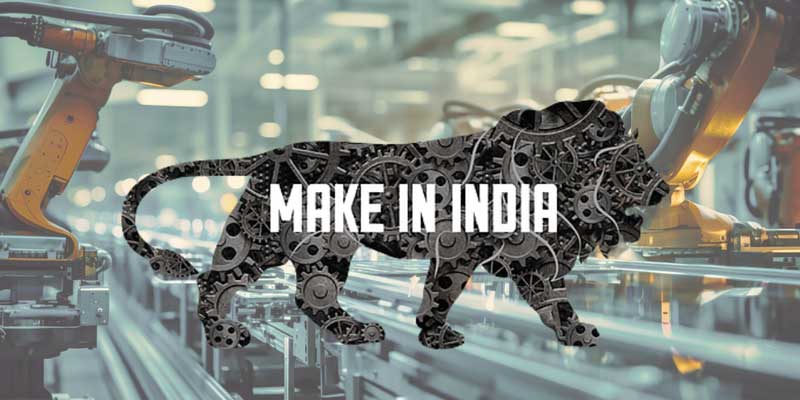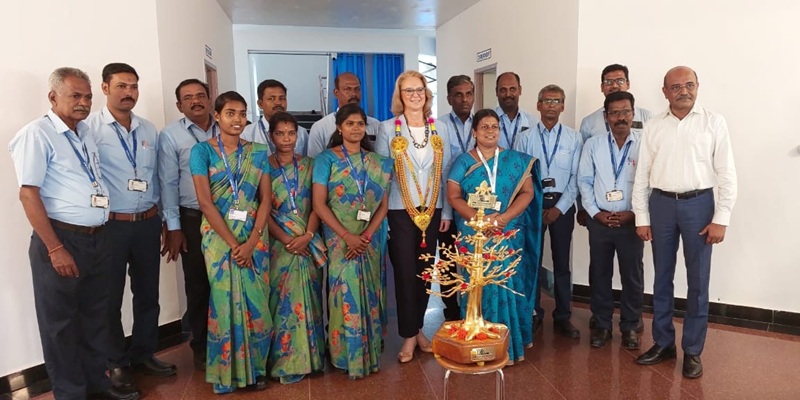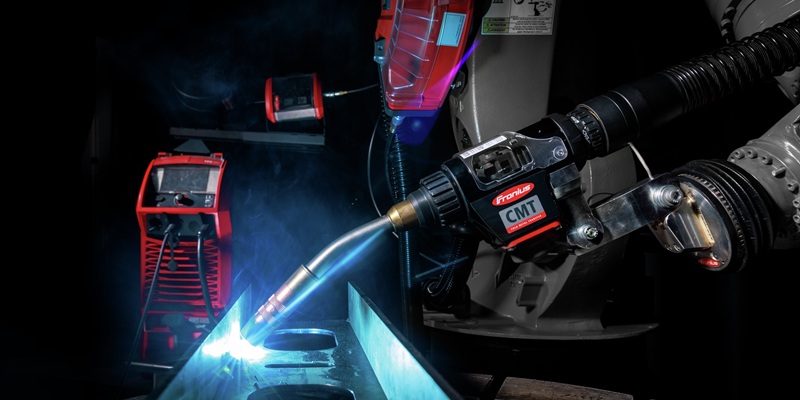Schedule a Call Back
India: An enticing prospect for global manufacturers
 Articles
Articles- Apr 12,24

Related Stories

Germany's Freudenberg expands Nagapattinam Training Centre in India
Freudenberg India has invested Rs 400 million over 16 years to uplift local youth and empower women through vocational education and skill development.
Read more
INOX India launches India's first UHP ammonia ISO tank for semiconductor sector
INOX India unveils the nation’s first ultra-high-purity ammonia ISO tank, boosting global semiconductor and solar manufacturing supply chains with advanced cryogenic tech.
Read more
Calderys sets sustainability benchmark at Odisha refractories plant
Calderys advances its green goals with the CAPES project in Odisha, integrating solar power, water recycling, and emission controls to set a new benchmark in the refractories sector.
Read more












